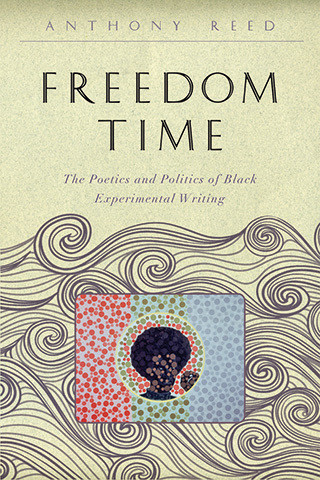
Reviews
Reed provides a strong context in which to examine these highly complex writers and their techniques, adding insight into writers who are undervalued (in the case of Mullen and Philip) and/or lesser known (Pritchard and Kearney).
A trailblazer, Freedom Time offers a distinctive take on the political implications of experimental writing by neglected African American writers. Reed has developed a strikingly original and wonderfully useful redefinition of the ‘radical’ politics of black literature as a reimagining of what can be thought less through 'expression' than through the dynamics of nontraditional formal practices. The book participates in the very politics it describes, effectively pushing the boundaries of ‘allowable thought.’ Insightful and elegant, Freedom Time provides astute, compelling, even breathtaking readings of the structural and theoretical implications of black experimental writing. It also does justice to those works’ rootedness in ethnic traditions and engagement with putatively Eurocentric concerns with language, form, and aesthetic transformation. Brilliantly appropriate, this important book has started a conversation that we must have, and it will anchor that conversation for some time.
Book Details
Acknowledgments
Introduction
Part 1
1. Broken Witness
2. Establishing Synchronisms
3. Between Now and Yet
Part 2
4. Sing It in My Voice
5. Exploding Dimensions of Song
Postscript
Notes
Bibliography
Index






